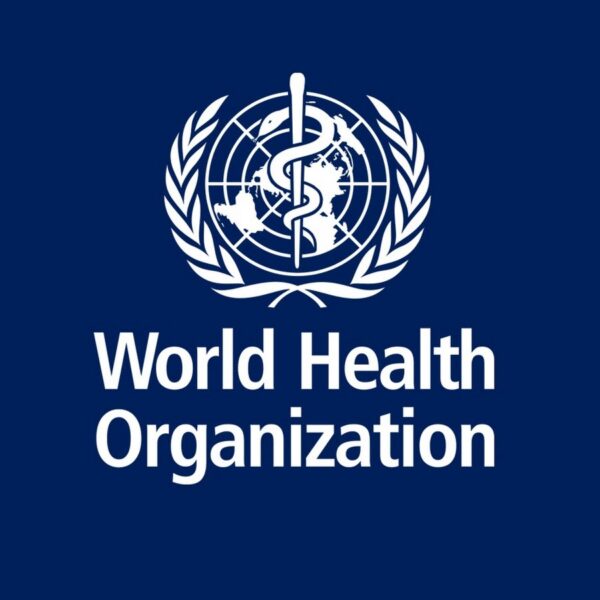The World Health Organization (WHO) faces a big change as US funding drops. What happens next? Explore how WHO is preparing, what’s at stake, and why it matters to the world.

A Turning Point for Global Health
The World Health Organization (WHO) is at a crossroads. For years, it relied heavily on the United States, its largest donor, for funds. But now, things are changing. The WHO is preparing to continue its mission without US financial support.
This moment is more than just about money. It’s about how the world manages health crises, responds to disease outbreaks, and helps poorer nations survive.
“We’re not just reacting. We are building a stronger, fairer future for global health,” said a WHO official at a press briefing in Geneva.
Why the US Is Stepping Back
So, what caused the shift?
The US government has been re-evaluating its role in international organizations. This includes reducing its financial commitments to agencies like the WHO. Political disagreements, budget cuts, and a push for domestic priorities are all part of the reason.
While the decision has raised concerns, it has also forced the WHO to think creatively.
This isn’t the first time global structures have shifted. It’s similar to the transformation happening in religious leadership, like what we explored in “Pope Leo XIV and the New Era of the Vatican”. In both cases, tradition meets change.
What Will the WHO Do Now?
Facing a major funding gap, the WHO is acting fast.
1. Diversifying Its Funding Sources
The WHO is no longer depending on one major country. It is reaching out to:
- European Union member states
- Middle Eastern and Asian nations
- Philanthropic foundations (like the Gates Foundation)
2. Engaging Private Partners
Health tech companies, vaccine manufacturers, and even banks are being approached to support WHO’s global programs.
3. Cost-Cutting and Reprioritizing
To stay efficient, the WHO is trimming excess spending and focusing on urgent global health issues—like epidemic preparedness and maternal care.
4. Local Empowerment
The WHO now aims to train and empower local health workers, instead of sending international teams for every crisis.
This approach could lead to long-term sustainability and stronger public health systems worldwide.
Why This Matters for Everyone
Many people wonder, “How does this affect me?”
Here’s the reality: The WHO is behind efforts like:
- Coordinating vaccine rollouts
- Responding to pandemics
- Sending emergency aid during outbreaks
- Tracking diseases before they become global threats
If the WHO loses power or efficiency, it could leave the world more vulnerable.
And it’s not just a theory. The rising global food insecurity is a clear example of how global systems break down when support is missing.
A Wake-Up Call for the World
This is not the time to look away.
The world needs strong health leadership—especially after COVID-19, climate-related illnesses, and the increasing risk of pandemics.
Some experts believe this challenge might actually help. A more independent WHO could act faster, respond more fairly, and avoid political pressure.
“The WHO has a chance to become what it was always meant to be—a health guardian for all, not just a few,” said global health analyst Dr. Mia Han.
Global Reactions and Hope
Several countries have stepped forward with promises of support. Germany, Japan, and South Korea have all increased their contributions. Health-focused NGOs are also ready to partner.
This transition also encourages transparency and equal decision-making, giving smaller nations a bigger voice.
If you’re following major global developments, America112 continues to provide updates on how world powers are reacting to these health and political shifts.
Final Words: A Test of Strength and Vision
The WHO is more than an organization. It’s a symbol of global cooperation and unity. Yes, the road ahead will be tough. But with innovation, collaboration, and strong leadership, the WHO can emerge even stronger.
We’ve seen change before—from the tech world’s 6G evolution (explore India’s 6G future) to cosmic events affecting daily life (see the Solar Storm’s impact).
This moment is another reminder that adaptation is the key to survival.
The WHO’s story is still being written—and the world is watching.

